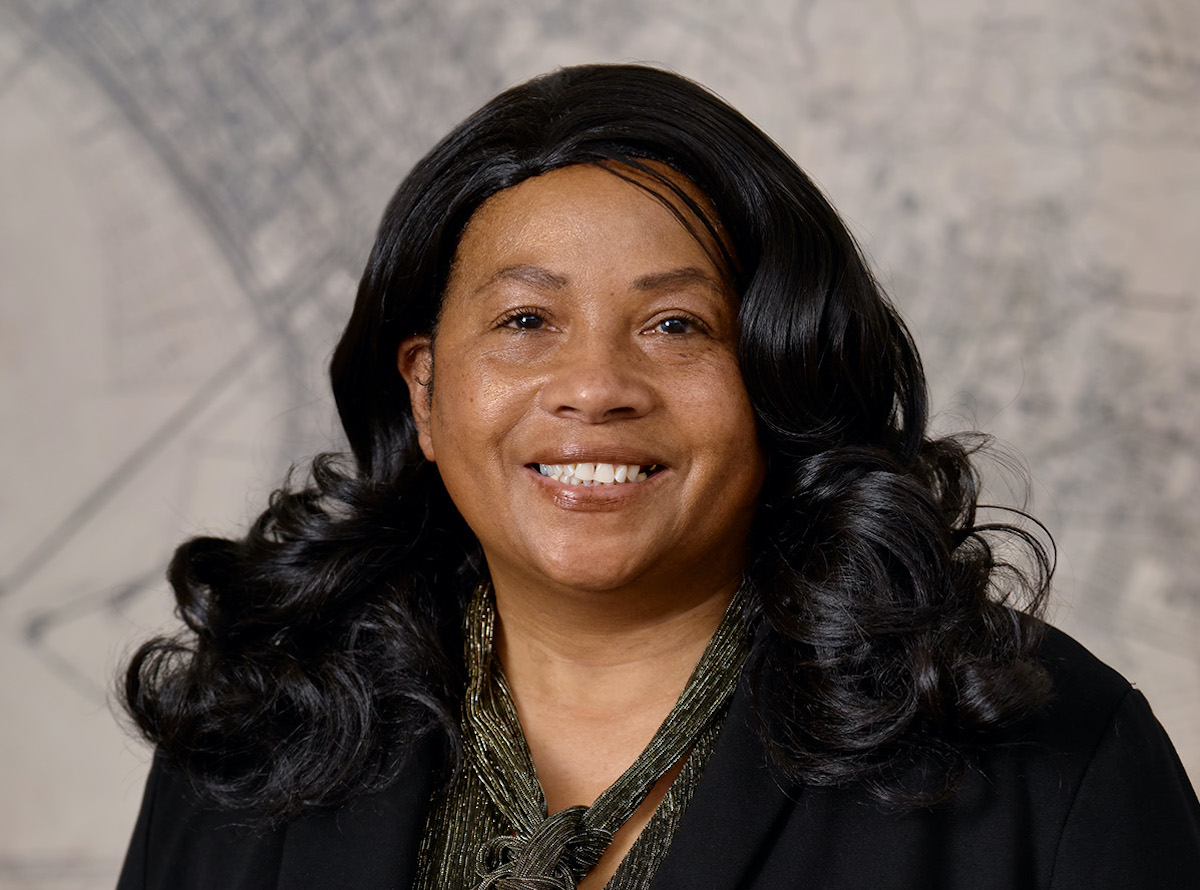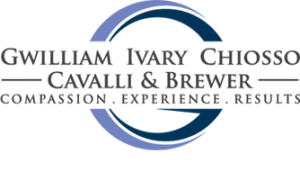Even in the absence of any criminal matters, all of us are likely to find ourselves needing to consult with an attorney at some point in our lives. It may be to write or execute a will, set up an estate, hammer out a divorce or separation, navigate an adoption, work out a custody or child support agreement, start a business or draw up an agreement or contract.
But there are less common circumstances, also outside the criminal domain, that can leave one needing to consult with a lawyer: motor vehicle accidents, workplace or housing discrimination, sexual harassment, personal injury, product liability, wrongful death. In these instances, questions invariably arise: Where should I go? What should I do? What do I need? And perhaps most important, do I even have a case?
“Many callers are hurting when they first reach out to us.”
Bridget Blount
At most law firms, the first step in answering these questions is filling out an online questionnaire or participating in an intake interview with an intake coordinator.
“Many callers are hurting when they first reach out to us. They were injured in a physical accident or perhaps emotionally injured when they were discriminated against at their job,” said Bridget Blount, an intake clerk at the Oakland law firm of Gwilliam Ivary Chiosso Cavalli & Brewer. “The more prepared the caller is for our interview, the faster an attorney can review their specific facts and provide direction.”
“My job is to help the caller navigate the emotional elements of relaying the facts of their situation. This means really listening to the caller. I understand where they are coming from.”
Although an intake clerk cannot give legal advice or determine if a prospective client has a strong or legitimate case, they can answer essential preliminary questions, including whether the person is even in the right place. “My role, and my primary responsibility, is to pinpoint the legal matter, find out what it pertains to and determine if it applies to our practice area,” said Bridget Blount. “If it isn’t in our practice area, I can usually refer them to an organization or firm that can help.”
Make a timeline, gather documents
Meetings are generally allotted 20 to 30 minutes and take place over the phone. To ensure the success of the meeting, Blount likes to give callers time to gather their thoughts and assemble pertinent materials. “Often when people call us, they are in shock or pain or financial distress,” she said. “I find that it can be very helpful to give the person an opportunity to reflect, not in a law firm office but in their own space. Questions I’ll ask them to think about can include: When did the incident start? How did it end? Do you have any documents related to your legal matter to accompany your intake?”
Ideally, the prospective client would come to the call with the following:
- A timeline or an outline in chronological order.
- All the documents pertaining to their matter. “This not only allows the caller to refer to the documents during the intake, it provides essential information to the attorney reviewing the matter after the intake,” Blount said.
Depending upon the type of case, documentation might consist of photos, medical records, video, repair bills, estimates, defective products or their manuals and workplace accommodation requests, as well as any employment or housing complaints filed with either the California Civil Rights Department (formally the Department of Fair Employment and Housing) or Equal Employment Opportunity Commission.
“The person should think about what physical items would help tell the story of what happened while also helping someone else understand the details and impact of the situation,” Blount said.
No cost until case settled
Although it may feel awkward to the caller, most conversations with an intake specialist involve the caller asking about fees. “Worrying about cost can be an added stress at an already highly stressful time,” Blount continued. “No one should feel bad about asking about such an important subject to their well-being.”
Because Gwilliam Ivary Chiosso Cavalli & Brewer is a contingent-only, fee-based law firm, neither clients nor prospective clients pay anything until the case is settled, including for the consultation with the intake specialist.
“Knowing this about fees can be a huge emotional and financial relief to callers,” Blount said, noting that not all firms operate on a contingency-fee-basis. “All the more reason to ask,” she said.
Neither should anyone have any sense of shame or reticence about disclosing the full scope and truth of their situation. “Many of these circumstances can be very traumatic for people and they can be feeling very fragile,” Blount said.
“And oftentimes, just talking about it can be a form of reliving it. I always tell people, ‘I’m not here to judge. I’m just here to collect information. What we discuss is confidential. We’re not discussing this with anyone. But for the attorneys to determine if we can represent you, we need to have 100 percent honesty and nothing withheld.”
If there is one overarching piece of guidance she would most like to convey to anyone wondering if they should reach out to a lawyer, it is this: “What’s really in my heart, whether the matter is minor or major, is that no person should feel that they are not important enough to call for legal advice or a consultation. Even if they don’t know if their situation is actionable, or they’ve never consulted an attorney before, they have the right to consult with an attorney and we are there for them.”
Legal resources for Alameda County residents
Two organizations that can help residents find a local attorney are the Alameda County State Bar Association’s Lawyer Referral Service and Alameda County Legal Aid. For those wanting to do their own legal research or represent themselves, there is the Alameda County Law Library.


